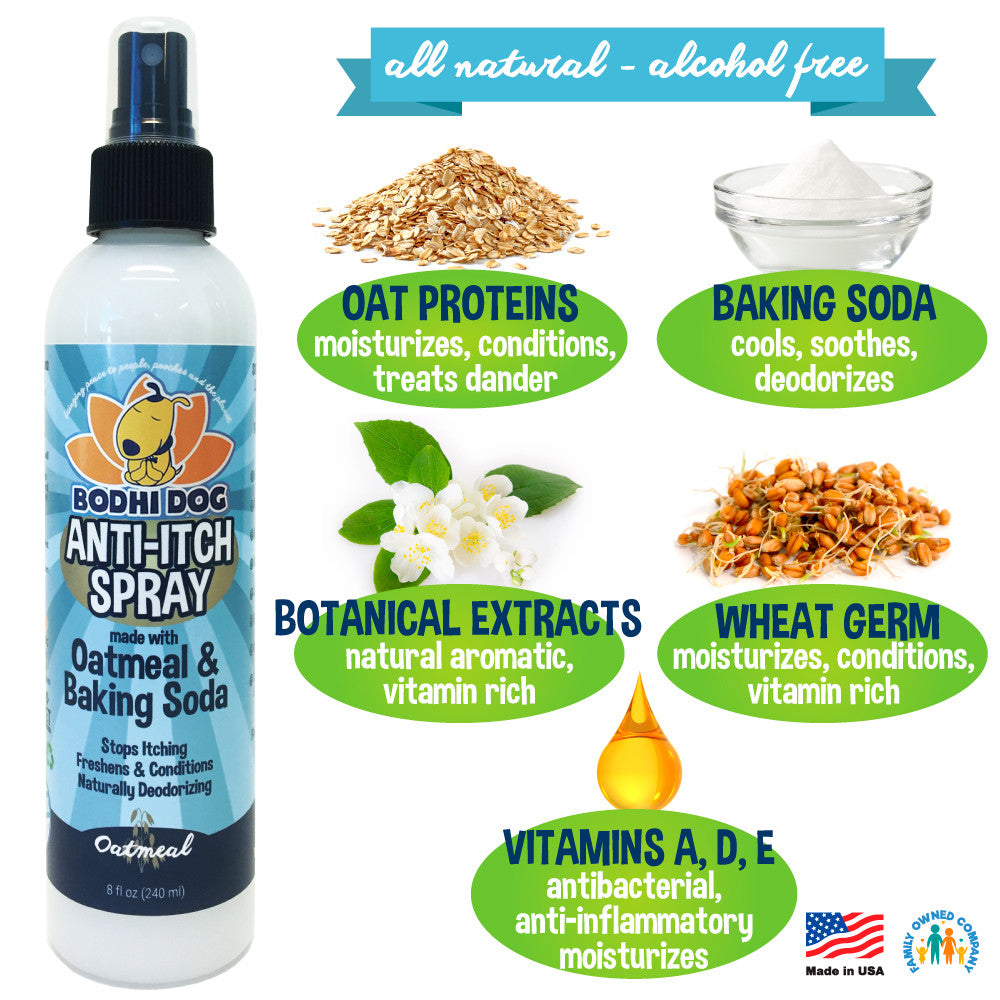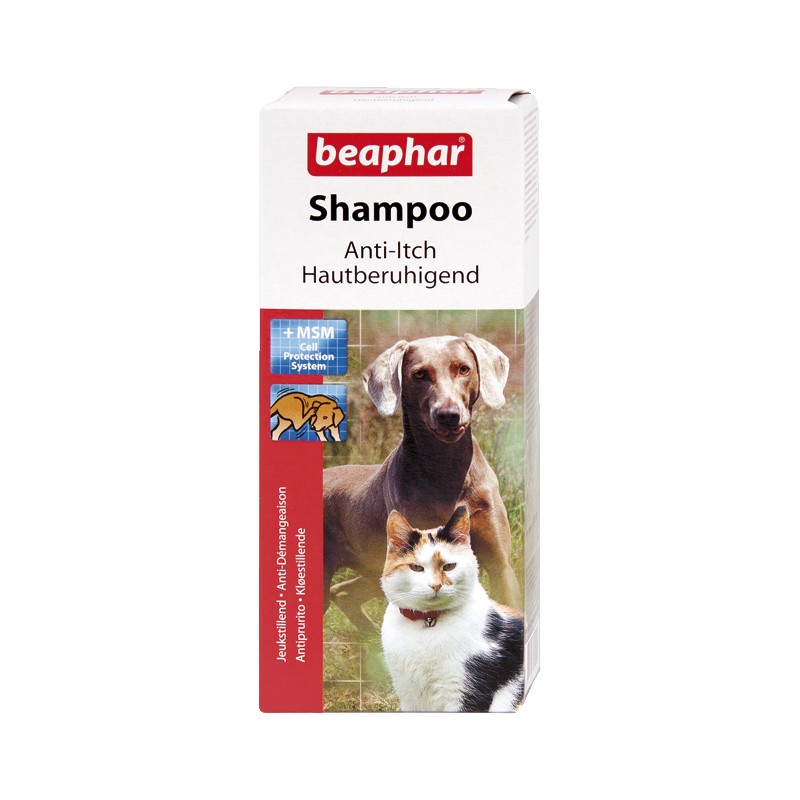

They burrow into your dog’s hair and skin, causing your four-legged friend to itch. Mites are microscopic arthropods that are almost impossible to see with the naked eye. You can also feed your dog some fish or sprinkle whole flax seed into its food to help. If that is the case, you may want to switch to a food higher in Omega 3 slowly. Check the dog food you are feeding as many are higher in Omega 6 than Omega 3. Adding a capsule of Omega 3 to your pet’s food can help.

Once the problem is identified, the vet may give hypoallergenic vaccinations when the issues are most severe. In severe cases, your vet may prescribe medications like antibiotics, antifungal medications, and steroids to help alleviate symptoms. Retrievers, terriers, and bulldogs seem particular to suffer from environmental allergies. Depending on the source of the allergy, the dog may lose hair on its paws and lower legs. Often itching from environmental allergies is accompanied by rubbing the nose and face.
#Anti itch for dogs skin
Just like people have trouble with allergies during specific periods, so can dogs, and these allergies can cause their skin to itch. These things can be in your home, backyard, or even at a dog park the dog plays at frequently. If you notice your dog itching more than usual, think about any changes you have made in the dog’s environment. You may be able to bring relief to a dog’s itchy skin from a food allergy by diffusing peppermint, chamomile, or lavender near the dog crate or where your pup sleeps. The vet may prescribe particular medicines to help with skin infections and look for worsening conditions. This diet consists of feeding your dog one source of protein and one source of carbohydrates for 12 weeks to see if the condition improves. Vets often put these dogs on an eliminator diet to see if it helps them. It can take several weeks to eliminate the food allergy from the pet’s system. While some animals may vomit or develop diarrhea, others will develop hives, bumps, or itchy sin. Repeated exposure to a food that the dog is allergic to can cause an immune system response. Food AllergiesĮven if you have not switched up your dog’s food, they can become allergic to it.

In the case of extreme itchiness, you should talk to your vet, but here are some things you may want to think about before your visit. Once you figure out the probable cause, then an anti-itch spray may help. While fleas are often the problem, that is not always the case. If your dog seems to be itching more than usual, it is essential to determine why they are uncomfortable.


 0 kommentar(er)
0 kommentar(er)
